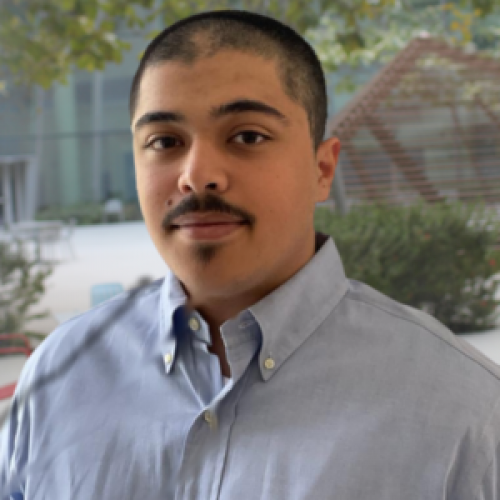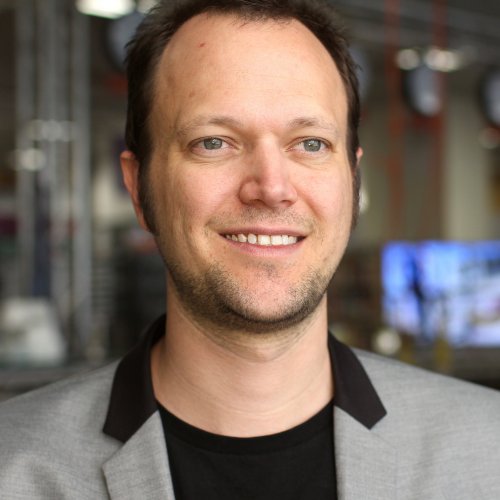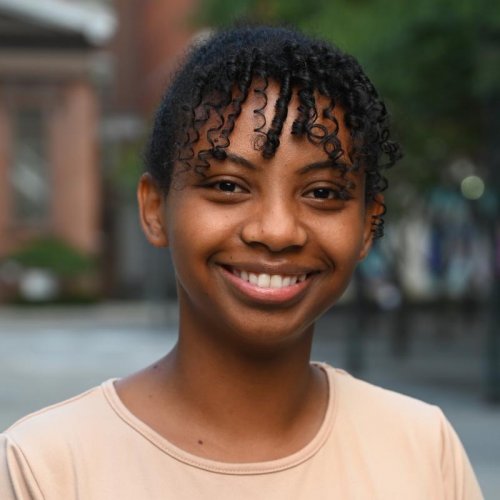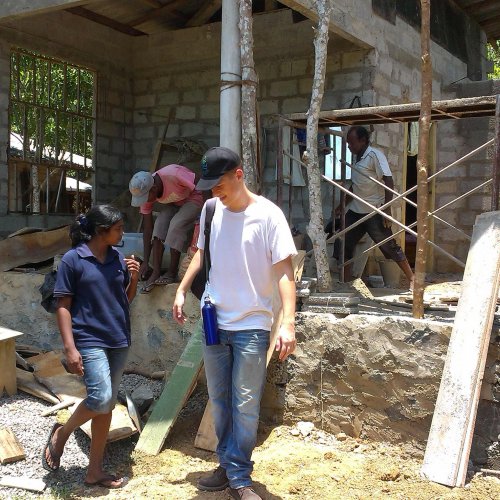People
-

Ibrahim Nayfeh
-

Matthew Karau
-

Ruth G. Gebremedhin
-

sa5363
-

sa5530
-

lna279
-

dya215
-

aai281
-

aha377
-

baj321
-

sa4911
-

maa1050
-

ma5638
-

sma728
-

aa7400
-

ba1573
-

kka280
-

ata381
-

fya210
-

pla252
-

ma5674
-

maa1150
-

ma5679
-

kb3408
-

fb1214
-

hb1741
-

crb596
-

clb619
-

yn705
-

bc2815
-

gdl317
-

pcd276
-

hed279
-

se1525
-

kee301
-

afz225
-

eif213
-

mf4044
-

sig250
-

amg1289
-

skh382
-

rh3015
-

jh6825
-

th2223
-

ai1266
-

hj1316
-

hj1377
-

yj1576
-

ik1299
-

yk2246
-

kjk475
-

sk7903
-

ak7644
-

mlk525
-

gdk244
-

hl3372
-

jkl499
-

al5393
-

ll4031
-

rkm352
-

sm8694
-

pm3013
-

aam979
-

rfm321
-

sma767
-

jm8219
-

mm10321
-

mbn304
-

aan440
-

doa240
-

nom218
-

hok210
-

map971
-

vp1240
-

pp2222
-

bcq205
-

smr767
-

ffr223
-

asr637
-

zr560
-

yns224
-

mhs581
-

sus221
-

ezs222
-

ss13163
-

sds710
-

bs3798
-

cmt574
-

mta347
-

nht249
-

hu297
-

mau263
-

pv850
-

mzv205
-

smw633
-

hy1678
-

hny216
-

az1866
Show all
2020 – The NYUAD Engineering Ethics course connects with the Engineers for Social Impact program to develop a broad range of analytical and systematic thinking skills in students as they work with communities and consider the home-grown assets that can lead to innovation.
A group of NYUAD Engineeing students had planned to work with communities to both build physical structures through a partnership with Habitat for Humanity as well as develop a deeper understanding of the assets, opportunities and challenges standing before the community that could lead to locally-sustainable innovations. However, as the work with the communities was scheduled for March 2020, the COVID-19 pandemic effectively put a stop on this portion of the course from 2020 – 2022.
Copyright © 2026 original authors. All rights reserved.


